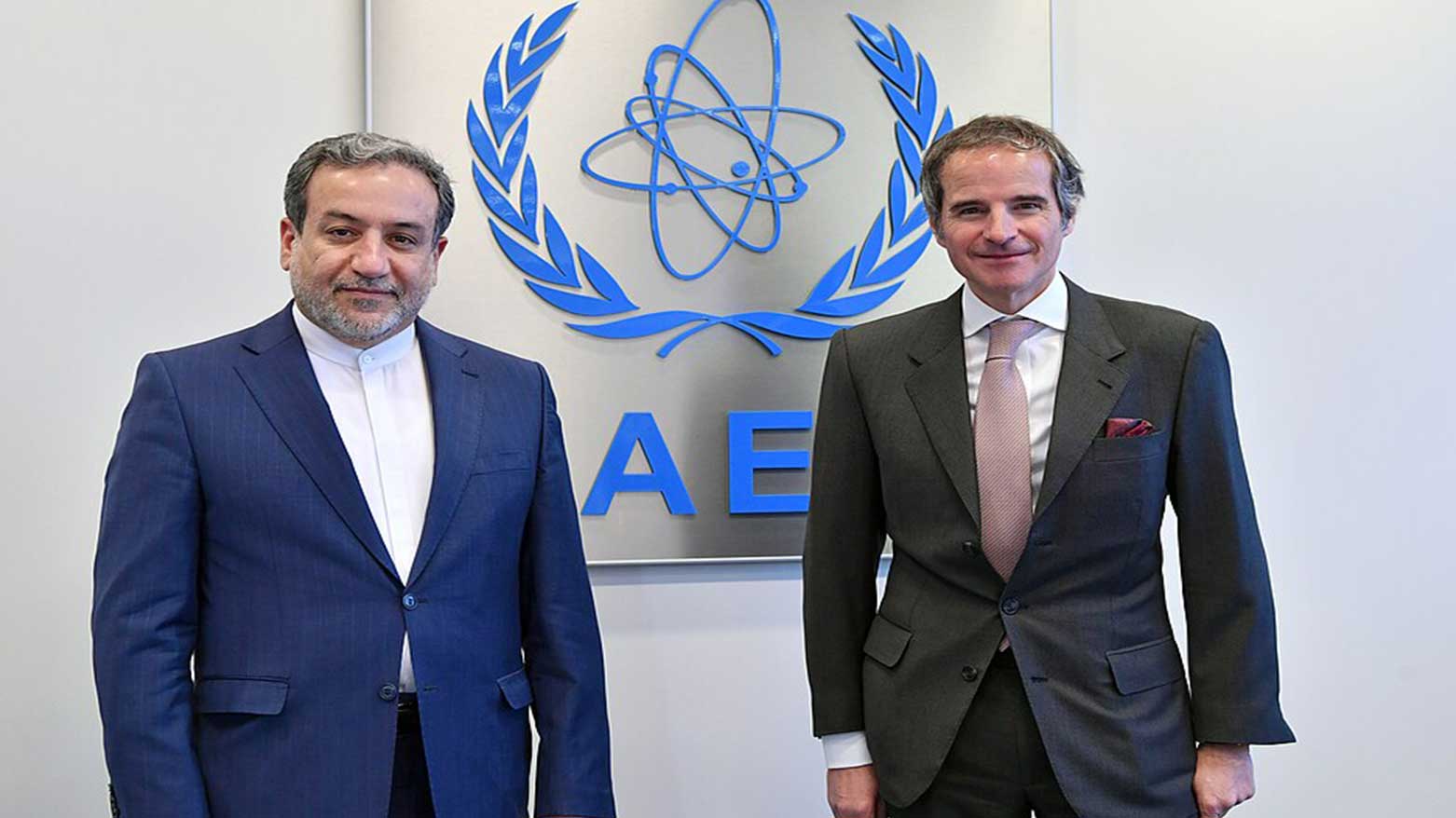Iran Warns Against Renewed Attacks After UN Nuclear Chief’s Remarks on Possible Use of Force
Iran’s foreign minister rebukes the IAEA chief’s warning, as tensions persist over nuclear inspections and the fragile ceasefire with Israel.

ERBIL (Kurdistan24) — Iran on Thursday cautioned against any renewed military action targeting its territory, following comments by the head of the UN nuclear watchdog who said he feared a potential “renewed use of force” if diplomatic efforts with Tehran were to fail.
In an interview with Swiss newspaper Le Temps published Wednesday, International Atomic Energy Agency (IAEA) Director General Rafael Grossi expressed concern that “if diplomacy fails, I fear a renewed use of force.”
Iranian Foreign Minister Abbas Araghchi responded sharply to the remarks, questioning whether Grossi’s comments reflected “concern or a threat.”
“Those who issue such threats must understand that repeating a failed experience will only lead to another failure,” Araghchi said in a video released by Iran’s foreign ministry.
Grossi said Iran has since restricted IAEA inspections, citing security concerns. Inspectors, he noted, are now allowed access only “sparingly.”
According to the IAEA, Iran remains the only non-nuclear-armed state enriching uranium up to 60 percent purity—just below the 90 percent level needed to produce nuclear weapons.
“If it were to take the next steps, Iran would have enough material for around 10 nuclear bombs,” Grossi said, while stressing that the agency has “no proof that Tehran was seeking to acquire nuclear weapons.”
The warning came months after a devastating 12-day war between Iran and Israel that erupted in mid-June, when Israel launched an unprecedented bombing campaign on Iranian soil.
The strikes targeted military and nuclear sites as well as residential areas, prompting Tehran to retaliate with waves of missile and drone attacks.
The United States later joined the conflict with airstrikes on key Iranian nuclear facilities.
A ceasefire between Iran and Israel has been in effect since June 24, but diplomatic negotiations between Tehran and Washington, which began in April, have since stalled.
Relations between Tehran and the IAEA have been increasingly strained since the June conflict. Iran suspended cooperation with the agency, accusing it of failing to condemn the Israeli and U.S. strikes that targeted its territory.
Although the two sides reached a new cooperation framework in September, Tehran later declared it void after Britain, France, and Germany triggered the reimposition of UN sanctions previously lifted under the 2015 nuclear agreement.
That landmark deal, designed to limit Iran’s nuclear activities in exchange for sanctions relief, effectively collapsed in 2018 after the United States withdrew under President Donald Trump's first term in the white house.